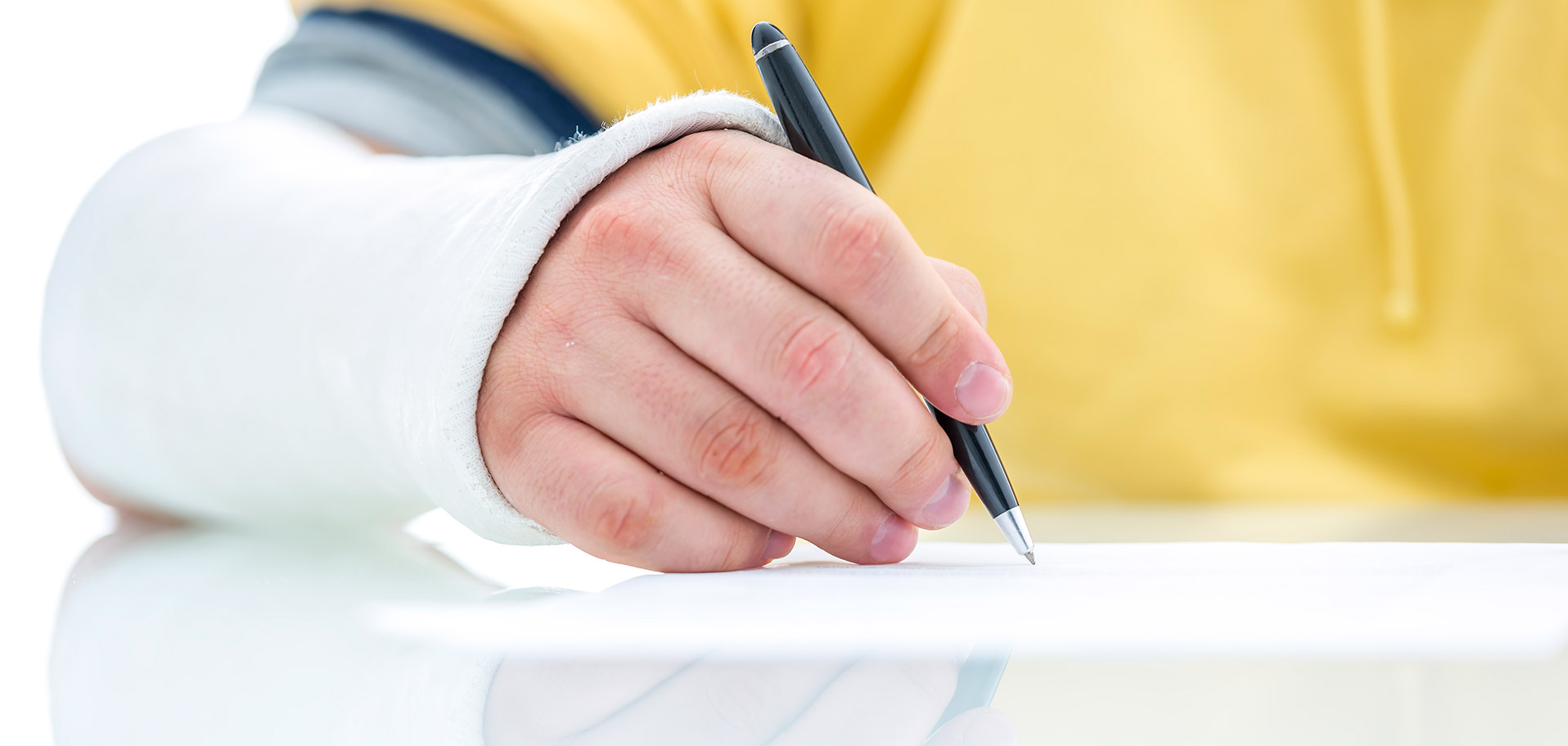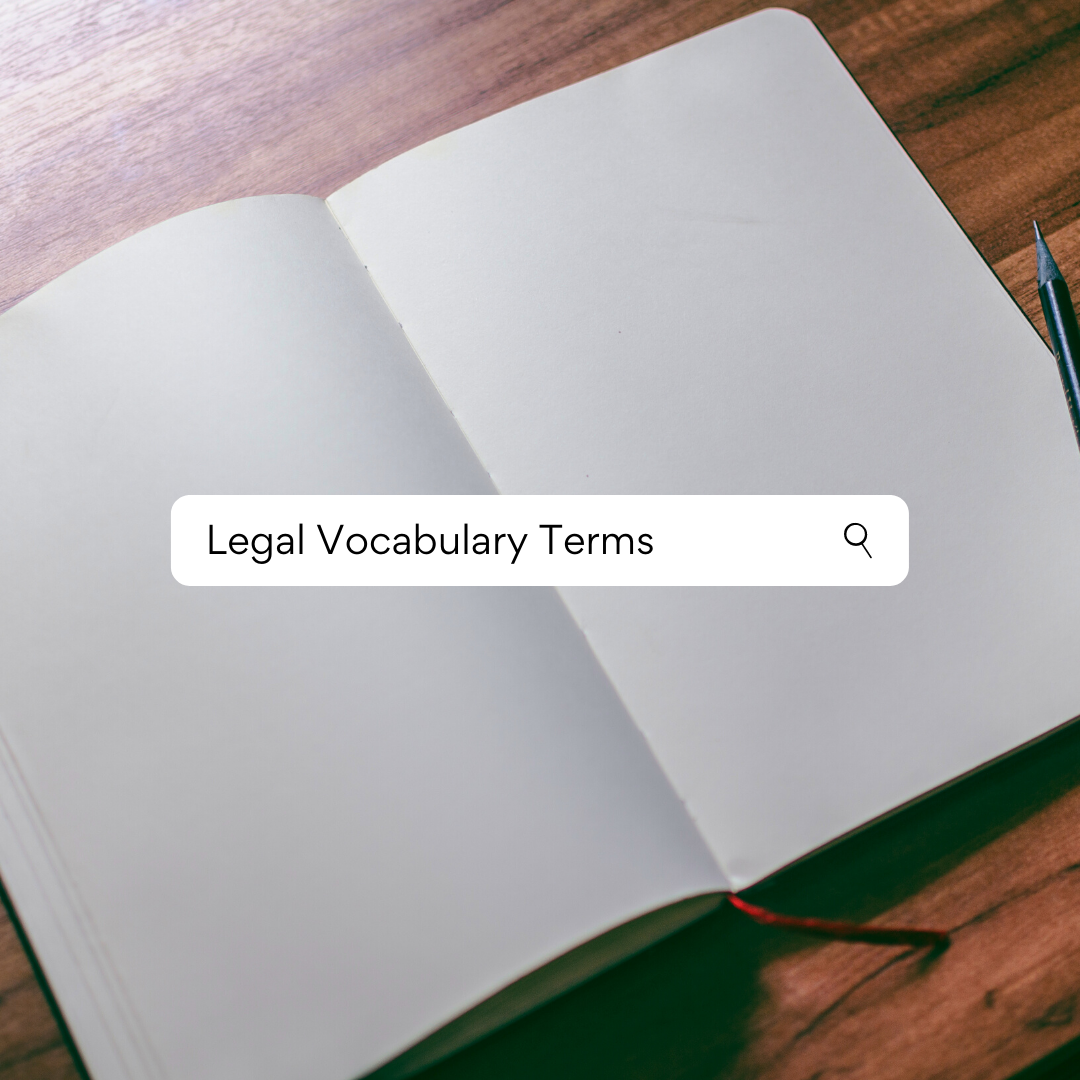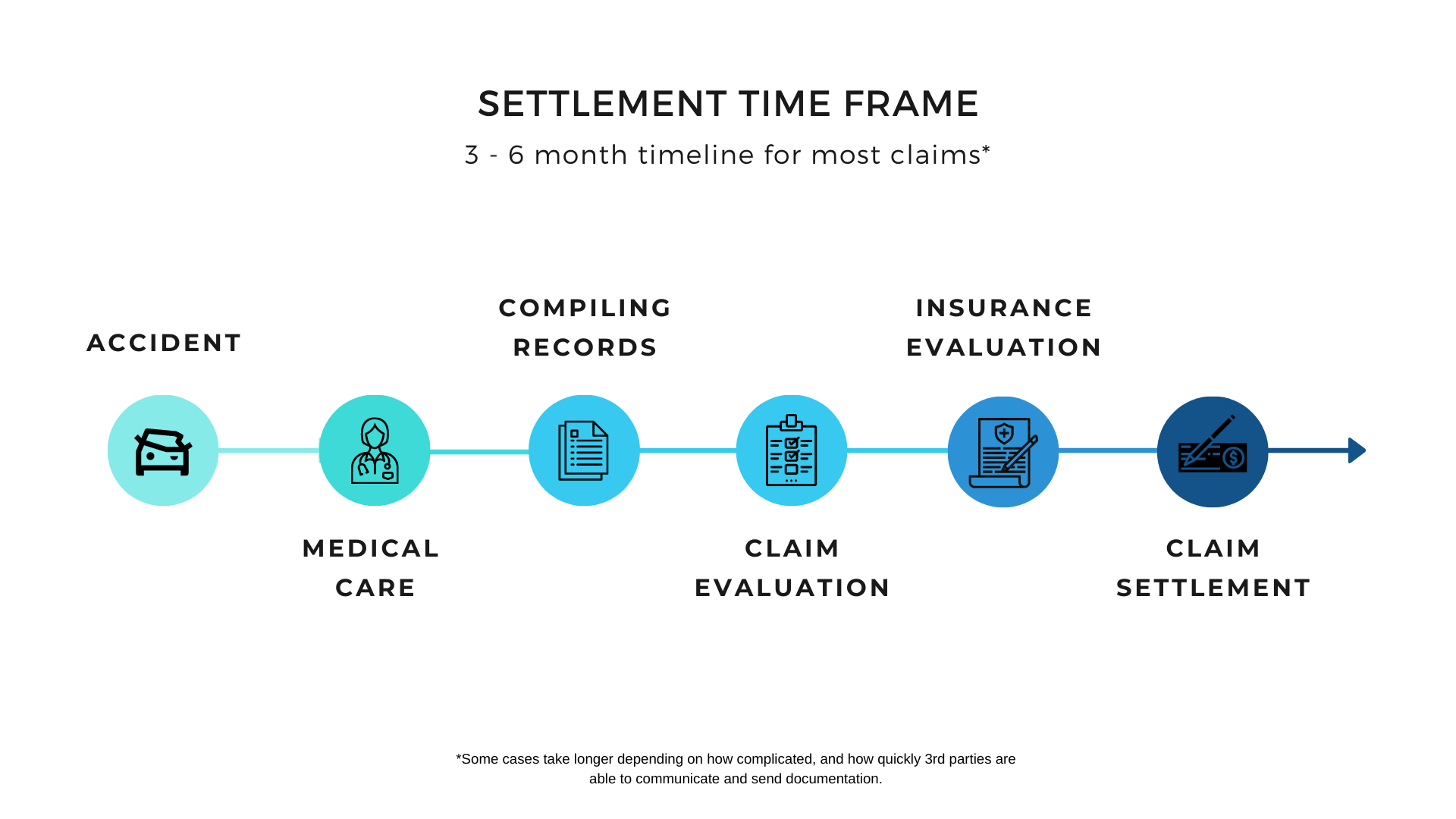WEIERLAW Injury Attorneys
For Washington State
Were you injured in an accident? Were you the victim of careless misconduct or negligence that results in psychical or emotional suffering as well as financial burdens?
If you have, it’s time to speak with a personal injury attorney that can help your case.

What is a personal injury claim?

Legal Definition of Personal Injury Claim
According to Merriam-Webster Legal Dictionary, “Personal Injury” carries the following definition:
: an injury to one’s body, mind, or emotions broadly : an injury that is not to one’s property
You should note that a personal injury claim, by definition, does NOT include a claim for damage done to property, such as an automobile or its contents.
Also note, a personal injury claim, by definition, DOES include claims for the death of a family member by wrongful means (wrongful death claims).
Personal Injury Claims and Negligence
Typically, personal injury claims are the result of the negligence of another person. Common sources of personal injury claims include, but are not limited to, the following:
Understand Common Legal Terms Related to Personal Injury
At WEIERLAW, we personally manage your case so you can be restored physically, emotionally and financially without having to worry about new personal injury terms, concepts and procedures.
At the same time, we appreciate that you may want more information on the personal injury claim process. That is why we’ve prepared this glossary of some of the most common terms you may encounter.
Claimant: The person making the claim under an insurance policy. Usually the victim (you). Participants in a Personal Injury Claim
There are nine main participants in a personal injury claim. In following the progress of your claim, it will be useful for you to understand the terms by which these participants are referred to.

Common Personal Injury-Related Terms
Tortfeasor: The person causing the injuries. Also known as the “At-Fault-Party” or the “Defendant.”
Attorney: Person licensed to practice law who represents a Claimant or a party to a lawsuit.
Adjuster: Person hired or employed by an insurance company to settle a claim. The adjuster’s job is to avoid paying out money under the claim, or to pay the minimum possible.
First Party Insurance: Your insurance.
Third Party Insurance: The other person’s insurance.
Plaintiff: The party to a lawsuit who files the suit (you).
Defendant: The person being sued.
Party: A plaintiff or a defendant.
Arbitration: The trial process where attorneys for the Claimant and Defendant argue their respective cases before a judge.
Claim: A formally processed assertion of the right to money or property.
Claimant: The person making the claim under an insurance policy. Usually the victim (you).
Contingent fee: An arrangement which sets the attorney’s fee as a percentage of the total recovery. If there is no recovery, there is no fee. This method allows the Claimant (injured person) to retain high quality legal counsel without incurring expensive advance payments.
Coverage: The extent of protection specified in an insurance policy.
Coverages: Items, conditions, and/or situations specified as being protected by an insurance policy.
Setting a personal injury claim into motion
A successful case starts with clear and detailed communication. A claimant needs to be properly informed of how your case will be managed, as well as the lawyers needing accurate and complete details of the accident. Where applicable, your employer information and past injuries also need to be reported.
All of the above details and more are initially collected and managed through our Starter Kit. In addition with the information above, the Starter Kit will clarify and provide:
- Fee agreements
- A written contract
- Releases for your medical records
- Printed brochures and support materials from WEIERLAW on the process of managing your case
By gathering detailed information for the intake summary, our offices can set your claim into motion quickly and accurately for a better result. From there, our experienced personal injury attorneys and heavily staffed office work hard on moving your case to fulfillment by employing cost-saving measures that give your case the attention it deserves.

Accidents and Trauma
Based on “Stress Free Living,” by Powell Travor, OK Publishing, 1997
We all experience accidents. But not all accidents lead to trauma.
Trauma is experienced when an accident we experience or witness undermines one or more of our fundamental beliefs.
For example, if you drove a car for years without getting in an accident, you may come to believe and expect you would never be in an accident. Then, if you one day had a car accident, that experience would undermine your belief that you would never be in an accident.
The more an accident goes against one of your fundamental beliefs, the more likely you’ll experience trauma.
Physical Effects of Trauma
When we experience an accident that causes trauma, there may be obvious physical effects, such as bruises or broken bones. At the same time, other physical effects may be less obvious, such as:
- Feeling tired or low energy
- Inability to concentrate or remember events accurately
- Pains and headaches due to increased muscle tension
- Feeling over aroused, sleep problems, including nightmares and flashbacks
Emotional and Social Effects of Trauma
Trauma-causing accidents can lead to emotional and social effects that are also often less than obvious, such as:
- Fear of another accident occurring, or of how you will cope
- Guilt over surviving or being better off than other victims of the accident
- Regret for things not done
- Shame over how you “failed” to respond to the accident, or over having an “emotional” response
- Anger toward what happened, who caused it, or others’ lack of understanding
- Disappointment over unfulfilled plans made impossible by the accident
Returning to Normal
Recovery from a trauma-causing accident involves attending to issues across the entire spectrum of your life:
- Emotions: Express your emotions in order to work through them, even allowing situations to trigger memories of the accident. The feelings associated with the accident will take time to soften, so allow yourself to explore the feelings you have, even if what you feel is numbness.
- Relationships: Your relationships may shift due to the accident or due to you viewing yourself differently after the fact. Be open in your communication with the people in your life, especially children who may be experiencing emotions similar to yours.
- Physical: Rest, relax and eat well. Your body may need more time to recover than you expect, being more deeply hurt than you know.
- Routine: Keep active, but not overactive. Try to maintain your pre-accident activities if comfortably possible.
The process of recovery varies for each individual depending on the severity of the accident. In perspective, comedian Kevin Hart took a little over year for his accident in 2019. He documents how there was a lot of both physical and emotional trauma in his incident that could have ended much worse.
Frequently Asked Questions on Personal Injury
Do I need a personal injury attorney?
Insurance companies and large corporations are heavily equipped and often start working immediately after an accident with injuries to start building a case against the injured party. When hiring an attorney that has experience winning personal injury cases, they know what it takes to stand up to third-parties and fight for a successful case. More reading – 5 reasons to hire a personal injury attorney
Should I file a lawsuit for my personal injury?
When questioning whether an personal injury incident involves filing a case or not, its important to consider the following:
- Did the incident result in an injury?
- Have you sought or require medical attention?
- Do you have any liability for any part of the injury?
- Was law enforcement present at the scene?
- Which parties have insurance, if any?
The answer these questions and further details help any personal injury attorney asses the validity of a case from the standpoint of the law. It’s also important to know that 87% of our cases settle without having to file a lawsuit, and 90% of our lawsuits settle prior to trial.
How long do I have when filing a personal injury claim?
Different types of cases have various lengths of time where a victim can file a claim for their personal injury. Beyond that, different states also carry their own sets of rules and regulations.
Whether the injury was sustained several years ago or yesterday, it’s never to late to consult with an experience personal injury attorney in your state. Understanding the details of your case is the first step to resolve and gain financial compensation to move forward with your life.
How much is a personal injury claim worth?
Since no two injuries cases are the same, it is important to find an experienced personal injury attorney who will put the work in and learn all the details of your case. It’s important to understand before giving you a number and making any false promises to you or your loved ones. WeierLaw is committed our clients results and lives by “Do the right thing, always!”.
How much does a personal injury attorney cost?
A common misconception is that all lawyers have high cost and that most cannot afford one. However, WeierLaw offices is different. We do not charge or get paid before any work has been done. This is because we work off a competitive fee structure. We charge the same rate whether the case resolves by settlement, arbitration, mediation, trial, or appeal – it is always 1/3 of the recovery. If there is no recovery, there is no payment.
